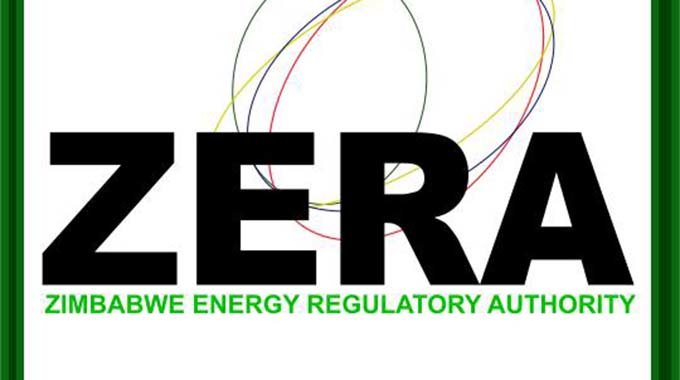
The Zimbabwe Energy Regulatory Authority (Zera) has announced a new licensing regime for oil importers, a year after a deadlock erupted in 2020 when indigenous firms rejected the regulator’s “outrageous” conditions.
According to a note sent to petroleum importers, operators will now pay US$24 320 per annum, in addition to providing proof of ownership of three service stations. Zera said operators must prove that they have imported a minimum of 10 million litres in any one year between 2016 and 2019. This was the last time fuel firms paid licence fees.
In the memo to operators, Zera gave them an April 30 deadline to meet the requirements.
The authority said since the 2019 licences were valid last year, procurement companies who procured fuel in 2020 must pay ZW$2 million (US$23 809) exclusive of Value Added tax by October. The paper said operators who fail to comply will have their licenses cancelled.
This demand has ignited anger among the country’s militant indigenous fuel importers, who have refused to comply with several conditions in the past year, accusing Zera of promoting foreign oil firms.
But Zera chief executive officer, Addington Mazambani told business digest that the authority had consulted extensively before coming up with the new regime. “I am not sure why some players are complaining,” the Zera boss said.
“Those conditions were negotiated with the industry for close to a year. Those who have issues with the conditions should approach the regulator.” Zera last year announced a new licensing regime that included ZW$2 million annual fees and production of proof that potential licence holders have previously imported at least 10 million litres among several conditions which were turned down by players.
Consequently the authority was forced to roll over the 2019 procurement licences to 2020 after the High Court ruled in favour of indigenous players.
Last month, Zera asked oil firms to continue using petroleum importation licences issued in 2019 while the two sides negotiated new licensing requirements after petroleum firms, represented by the Direct Fuel Import (DFI) group and the Indigenous Players Association of Zimbabwe (Ipaz) turned down its conditions.
“All the petroleum companies which were issued with 2019 procurement licences are still allowed to use the same licences in 2021 for their fuel importation operations,” Mazambani said in a March 3 letter.
“This position shall remain up until such a time that the authority prescribes new procurement licensing terms and conditions after consulting with various stakeholders.”
However, the DFI group refused. “We have received the summary of the meeting from some of our colleagues from a sister organisation. For the record our position is as follows: We accept the Procurement Licence fee of US$24 360 for the year 2021.
We reject paying for 2020 licenses because your negligence in administering the whole exercise resulted in your failure to announce acceptable conditions to this very day. You cannot be rewarded for negligence.
We also highlighted to you at our meeting in December 2020 that our members had incurred losses when you illegally suspended their licences for about a month in May 2020,” the DFI group said.
“We reject any requirement for service stations to be attached to procurement licences. Such attachment is a violation of the Petroleum Act. This Act clearly recognises the separate nature of the different licence categories.
If sustained, this requirement will have the effect of amending/annulling an Act of Parliament. The mandate of Zera is to administer the laws of the country and not to amend them.”